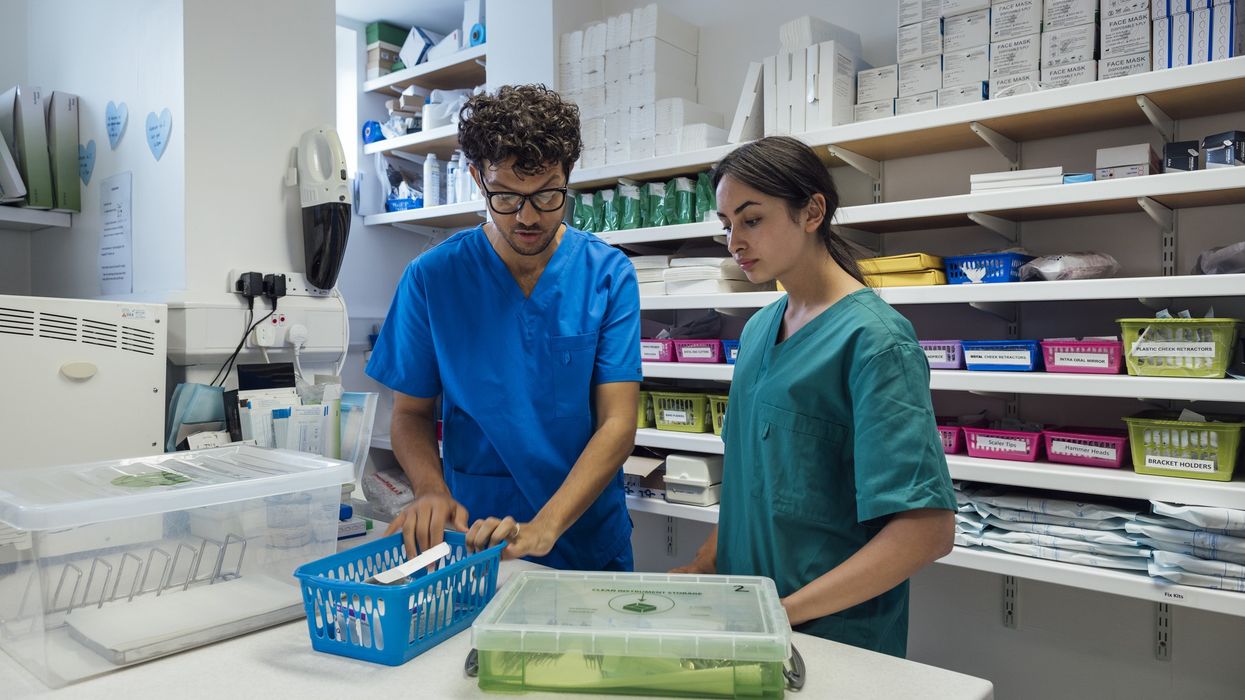Sacituzumab govitecan, a 'highly effective' treatment for triple negative breast cancer, is not recommended by the National Institute for Health and Care Excellence (NICE) for NHS use.
“The current price of the drug is too expensive to be considered a cost-effective use of NHS resources,” the agency said in a draft guidance published on April 7.
NICE already recommends atezolizumab with chemotherapy, the only other targeted treatment for this type of breast cancer.
NICE is looking at sacituzumab govitecan (also called Trodelvy and made by Gilead Sciences) for treating triple negative breast cancer which can’t be removed surgically and has spread nearby from where it started (locally advanced) or has spread to other parts of the body (metastatic). It is used after people have had two or more prior lines of systemic therapies, at least one of them for unresectable locally advanced or metastatic disease.
Because triple-negative breast cancer is not sensitive to hormone therapy or molecular targeted therapy, the usual treatment is chemotherapy. The aim of treatment is to stop the disease getting worse, extend life, and maintain or improve quality of life for as long as possible.
Sacituzumab govitecan is an antibody (sacituzumab) that works by targeting the activity of proteins that are present at high levels on the surface of tumour cells. By targeting these proteins it delivers the anti-cancer component of the drug directly to tumour cells, preventing them from multiplying and eventually causing them to die.
Helen Knight, interim director of medicines evaluation at NICE, said: “Because sacituzumab govitecan is a highly effective treatment, and given the lack of treatment options for people with this type of breast cancer, we’re very disappointed that its price means we can’t recommend it for use in the NHS at this point.
“We hope that the company will consider what it can do to enable NICE to approve a treatment that has the potential to give people with advanced triple negative breast cancer more time with their loved ones.”
Triple negative breast cancer can be more aggressive than other types of breast cancer and accounts for a quarter of all deaths from breast cancer despite accounting for only one in five cases. It is estimated there are around 2,000 people in England with triple negative breast cancer, of whom around 650 would have been eligible for treatment with sacituzumab govitecan if NICE had recommended it.

















